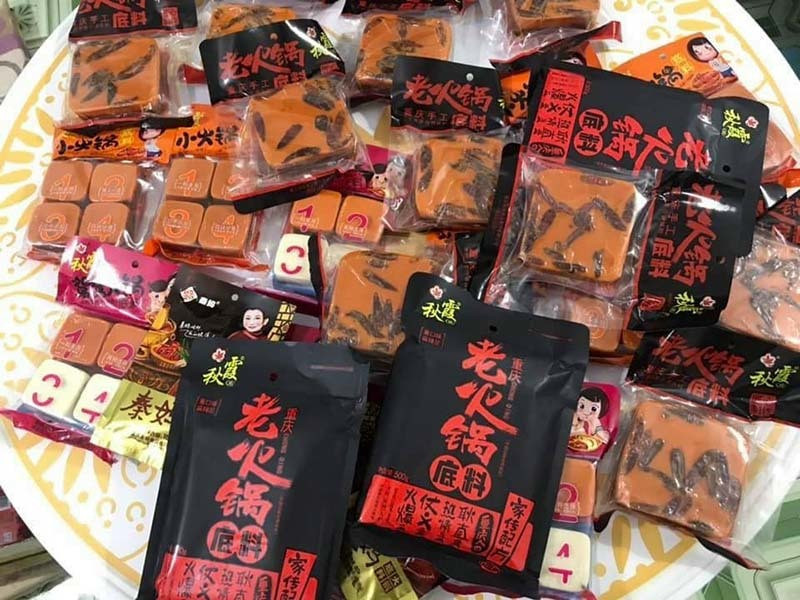
The fear of ‘dying young’ in competing on price with rivals is always present in the mind of Vietnamese businesspeople, especially when foreign giants are willing to accept losses to scramble for market share.
Pham Dinh Doan, president of Phu Thai Group, commented that the presence of Chinese enterprises in the market poses a threat to Vietnamese enterprises.
“Experts say when competing on price, enterprises will fall into a dead end. However, the pricing strategy is an effective tool that helps Chinese enterprises penetrate the international market,” Doan said.
With ‘super-cheap’ pricing strategy, Shein, the online fashion retail company, has assets of one hundred billion dollars just after 10 years and holds nearly half of fashion market share in many countries.
Luckin coffee chain is another example. It has opened 5,000 new coffee shops each year to become one of the world’s top three chains. It now has 10,000 shops worldwide, a figure even higher than Starbucks with 6,000 shops.
In theory, selling goods below production cost is considered a behavior that violates competition law. However, with Chinese enterprises’ accounting technology, it is difficult to find proof to sue them in international arbitration organizations.
Doan takes sweets as an example. About 5 percent of semi-finished products with flaws such as underweight or deformed packaging will enter accounts with the value of zero. The materials to make a pack of candies cost at least VND10,000, but since the candies are assigned as having value of zero, enterprises sell the candies in Vietnam at VND3,000. After deducting transportation cost of VND1,000, enterprises make a profit of VND2,000 per pack.
The same is occurring with garments.
“Cross-border competition is competition in price, though this is considered unhealthy competition,” Doan said, adding that Chinese enterprises use various methods to scramble for market share and Vietnam.
“There’re about 6-7 warehouses of Chinese goods along the border, each of which covers an area of 6-8 hectares,” he said. “Chinese goods are super cheap."
Cotti, a Chinese café brand, has recently recruited workers en masse with the offered pay of VND20-30 million a month. Doan believes that no coffee brand in Vietnam can offer such high pay. It appears that Chinese enterprises are trying to take workers from Starbucks, Highlands and Trung Nguyen.
“The businesses like Shein and Cotti can mobilize several billion dollars of capital at once. With the amount of money, they can endure losses for five years in Vietnam,” Doan said. “Meanwhile, Vietnam’s businesses will be full of hardships if they incur a loss for just five months."
Direction for businesses
Competing with Chinese businesses which have powerful financial capability is a big challenge for Vietnamese enterprises, especially small and medium sized.
Doan said the world is witnessing rapid changes in trading method, scale and technology. If Vietnam is still ‘walking’ while other countries are ‘running’, it won’t be able to exist in the future.
“It’s now the time to speed up,” Doan said.
He urged Vietnamese enterprises to reconsider their development strategies and find strategies suitable in new circumstances. As the tangible values of Vietnamese enterprises is small, they need to increase intangible values, which are potential, business owners’ capability, and staff qualifications.
“There are a lot of niche markets in the national economy. Go looking for the niche markets that you have advantages in,” Doan said.
“You can also team up with large and reliable partners. Exploiting partners’ strength is also a knowhow to success."
To Hong Trang, co-founder and deputy CEO of Digiworld, said Vietnamese enterprises should try to exploit niche markets where Chinese and Thai rivals cannot reach to.
Technology is believed to be one of the sectors that Vietnam has great advantages at. Vietnam has a low-cost labor force with industrious and creative workers. Vietnam, for example, has large firms in the gaming industry. Sky Mavis, for example, is worth billions of dollars.
Nguyen Doan Ket, Vice President of Rang Dong Light Bulb and Vacuum Flask JSC, also thinks that Vietnam has competitive edge in digital technology.
“We need to find a ‘green path’ in the ‘red ocean’, i.e. we have to struggle in the price competition with high technology,” he said.
Binh Minh